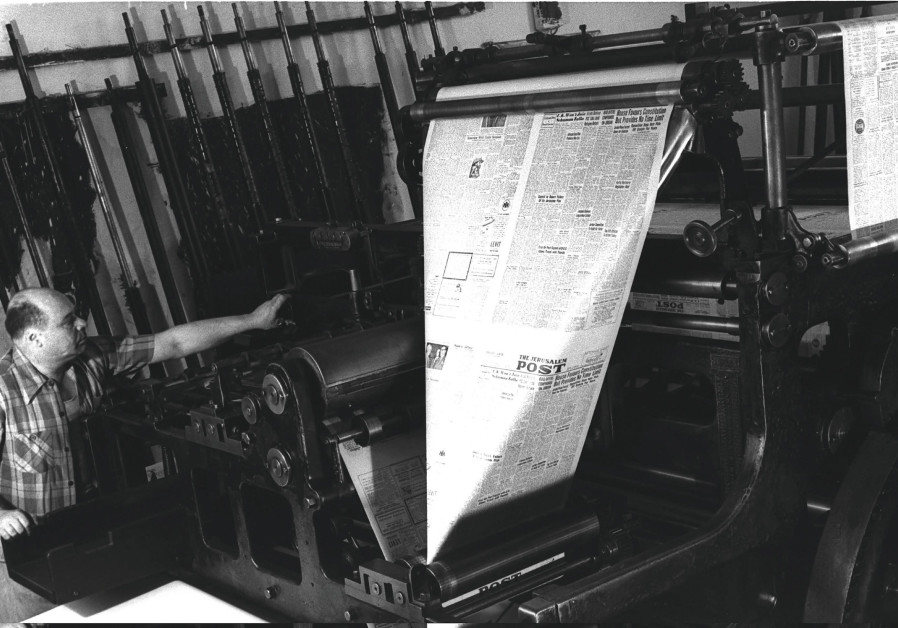Corruption Warriors: Investigative journalists in the Arab world

‘THE JERUSALEM Post’ printing press in action in days gone by.. (photo credit: JERUSALEM POST ARCHIVE)
There has been an increase in investigative journalism covering issues of corruption in Arab countries, according to the Qatar University’s Abdulrahman Al-Shami.
`; document.getElementById(“linkPremium”).innerHTML = cont; (function (v, i){ });





Comments are closed.